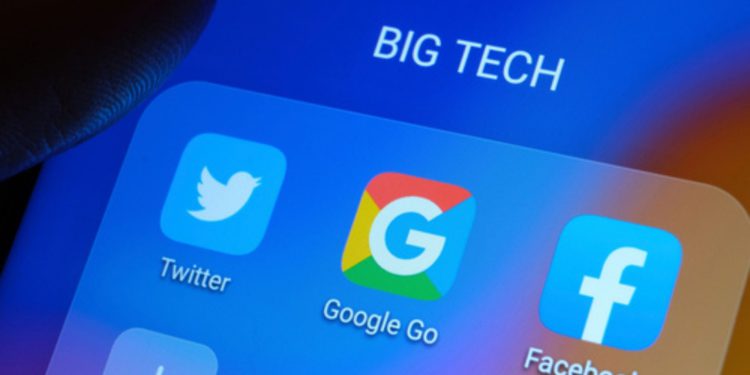The South Korean Ministry of Science and ICT have set guidelines for tech firms operating in the country. The guidelines address the resilience issues in their services. The ministry also instructed them to inform users of any such change in the service.
The offered advice applies to big tech organizations such as Google, Kakao, Meta, Naver, Netflix and Wavve. The companies have been asked to make their error detection and verification system strong enough to prevent any faults in the flow of services. Additionally, the companies will have to ensure faster content recovery through backup storage systems.
With the help of new guidelines, the tech firms can measure user loads while also ensuring that their services are not disrupted.
The tech giants such as Google and Netflix are known to be some of the most technically advanced firms offering their services resiliently. In 2016, Google launched a book on site reliability engineering that addressed the structure and functioning of the production system at the company.
The South Korean Ministry had enacted a law in 2020 that held the providers responsible for the quality of the streaming services offered by them. The new guidelines are set to keep the law in the background.
The law came into force after multiple outage events that took place with these internet firms. Some of the cases included the language of outage notifications being English.
A recent case in South Korea sparked a debate over the responsibility of the quality of services offered by tech firms. SK Broadband, the South Korean telecom provider, took legal action against Netflix for the poor quality of streaming shows. The firm demanded compensation for the heavy bandwidth eaten up by the streaming platform, especially for popular shows such as Squid Game.
Netflix responded to the legal action as it put forward Open Connect, its own free content delivery network. The platform helps carriers to lower the traffic. Additionally, the video streaming platform inculpated SK Broadband for its attempt to double up on profits. The company challenged SK Broadband in the courts for collecting fees from both consumers and content providers.
At present, Kakao and Naver pay carriers; on the other hand, firms such as Disney+ and Apple TV+ have accepted the idea; however, they have not taken any significant action.
Apart from South Korea, the European Telecommunications Network Operators Association happens to be another organization to address the issue of unfair bandwidth share.







